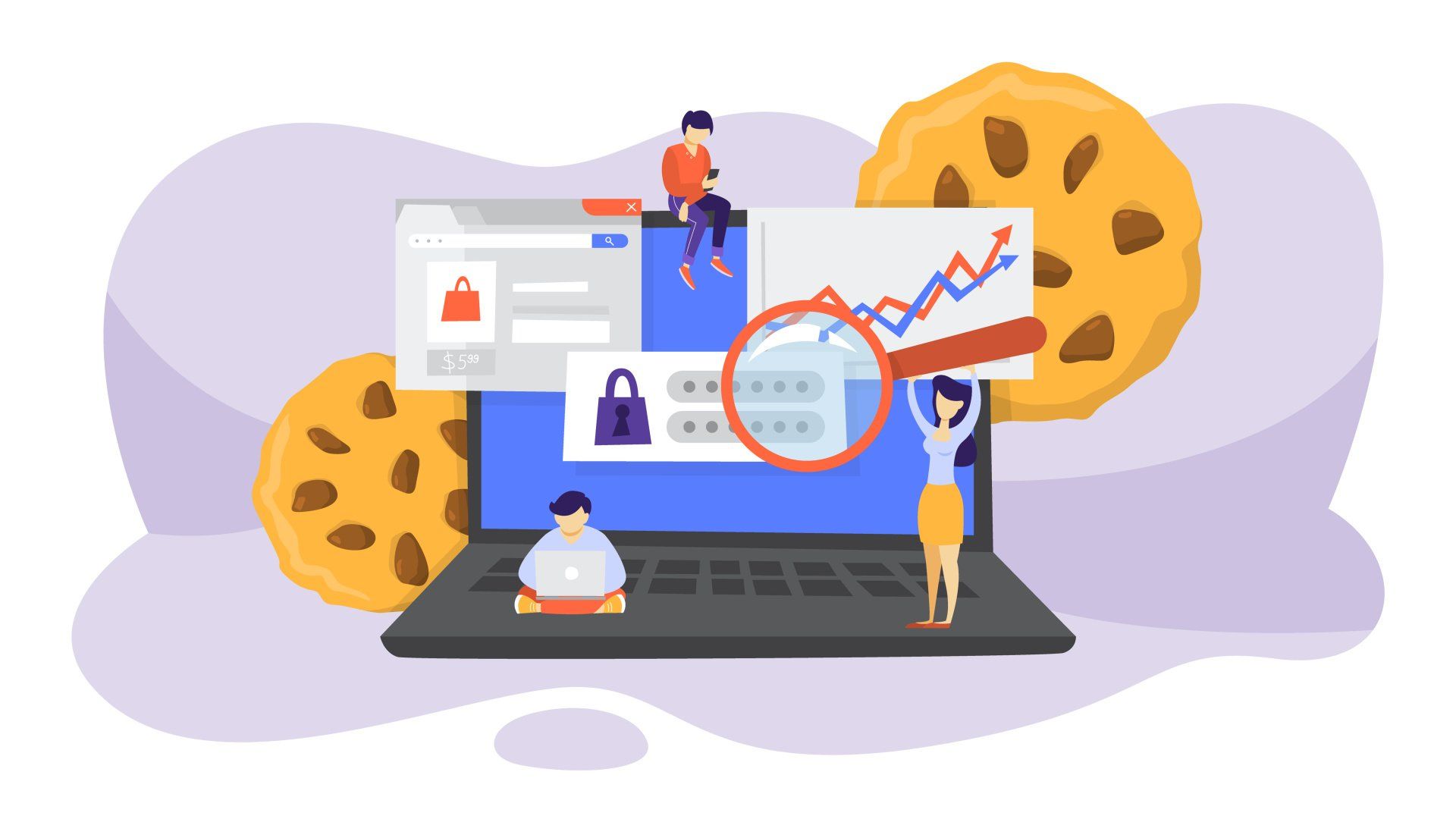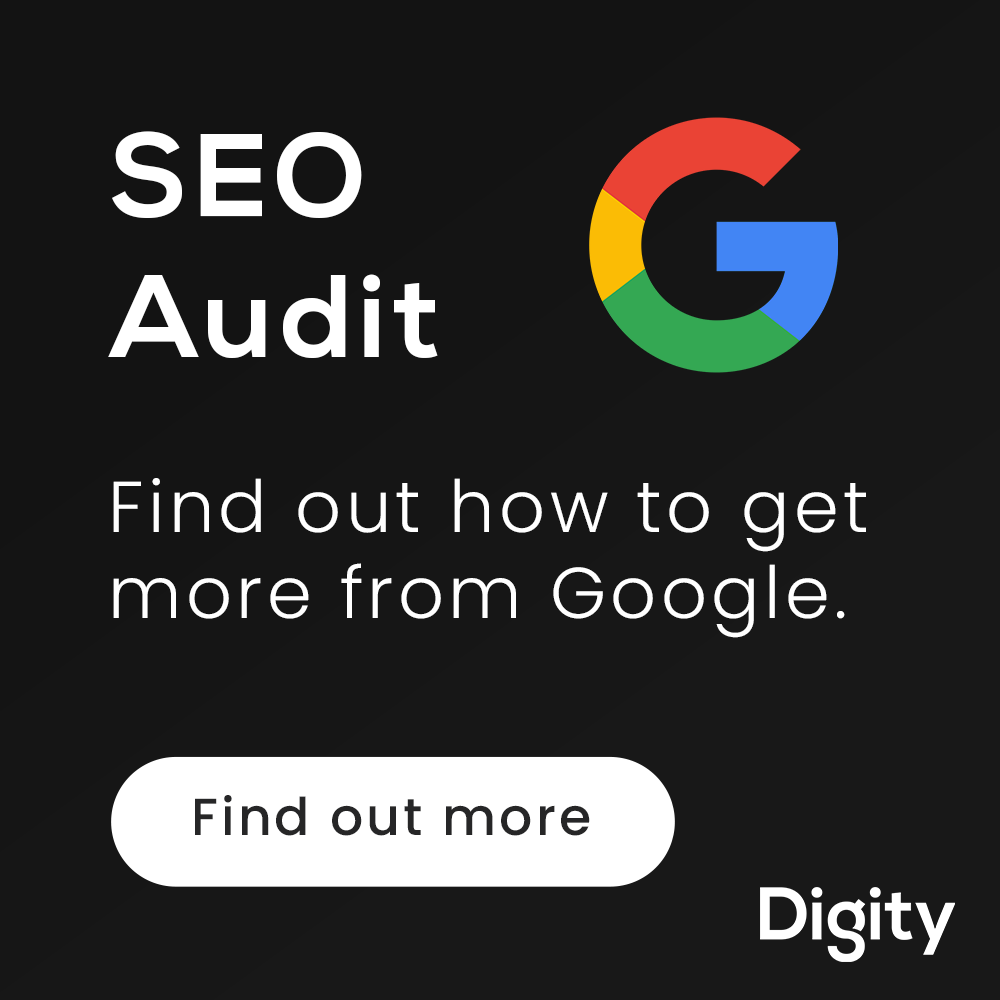Death of the Third Party Cookie: What Does This Mean for the Future of Digital Advertising?
Back in January 2020, Google announced it would remove third-party cookies from Chrome. For now, Google says it will support third-party cookies until 2024, but after that, Digital Advertisers will need to find new ways to attribute conversions, frequency cap ad placements and retarget site visitors.

In this blog, we will cover the emerging solutions, and how to prepare for the death of the third-party cookie.
What is a Third-Party Cookie?
Third-party cookies are small pieces of data stored on an internet user’s browser. These cookies contain third-party data, such as user identification. Combined with tracking scripts, third-party cookies can be used for retargeting advertising techniques, understanding site performance and tracking against events/goals which are unique for every business. Although Chrome isn’t the first browser to phase out the third-party cookie, it’s the biggest, with 4.3 billion users worldwide in 2021, and 92.24% share of the market (Semrush). It follows sites such as Facebook, which have already reduced targeting options, making it harder to directly target individuals.
What’s Next in the No Cookie Future?
Federated Learning of Cohorts (FLoC)
While Google will no longer invest in tech that tracks people at an individual level, it will still be investing in alternatives. Google has already rolled out its Federated Learning of Cohorts (FLoC), from which they have already seen successful advertising results. FLoC puts individuals into large groups based on their interests, allowing advertisers to target the groups, rather than the individual.
Chrome intends to make FLoC-based cohorts available for public testing through origin trials with its next release this month and expects to begin testing FLoC-based cohorts with advertisers in Google Ads in Q2.

Privacy Sandbox
Another product Google has been developing is their ‘Privacy Sandbox’, a secure environment for personalisation that also protects user privacy. ‘Some ideas include new approaches to ensure that ads continue to be relevant for users, but user data shared with websites and advertisers would be minimised by anonymously aggregating user information, and keeping much more user information on-device only.’ (Justin Schuh, Director of Chrome Engineering, in the Google blog post.) This means users will still be able to leverage and target Google Ads, powered by Privacy Sandbox tools, alongside first-party cookies.
Data Management Platform Tools
Alongside Google’s development of FLoC and Privacy Sandbox, data management platforms are looking at alternative tools that help advertisers track data in a way that makes the most out of the continuing first-party cookie, which involves lumping user visitor profiles into segments. While these options might be different from third-party cookie solutions or require some new strategising, they would still allow users to target and learn about relevant audiences, without being too intrusive.
With users becoming increasingly cautious about their online data and privacy, some argue that the reappraisal of cookies is long overdue. As cookies are phased out, a new, better solution is likely to be born and over the next year we will find out what the real future of Chrome without the third-party cookie holds for advertisers.
If you would like advice or guidance on continuing to collect data and target visitors without third party cookies, and what you should be doing to prepare,
get in touch today.
This blog post was written by:
Find out more
If you'd like to see how our team can help your business, get in touch:




